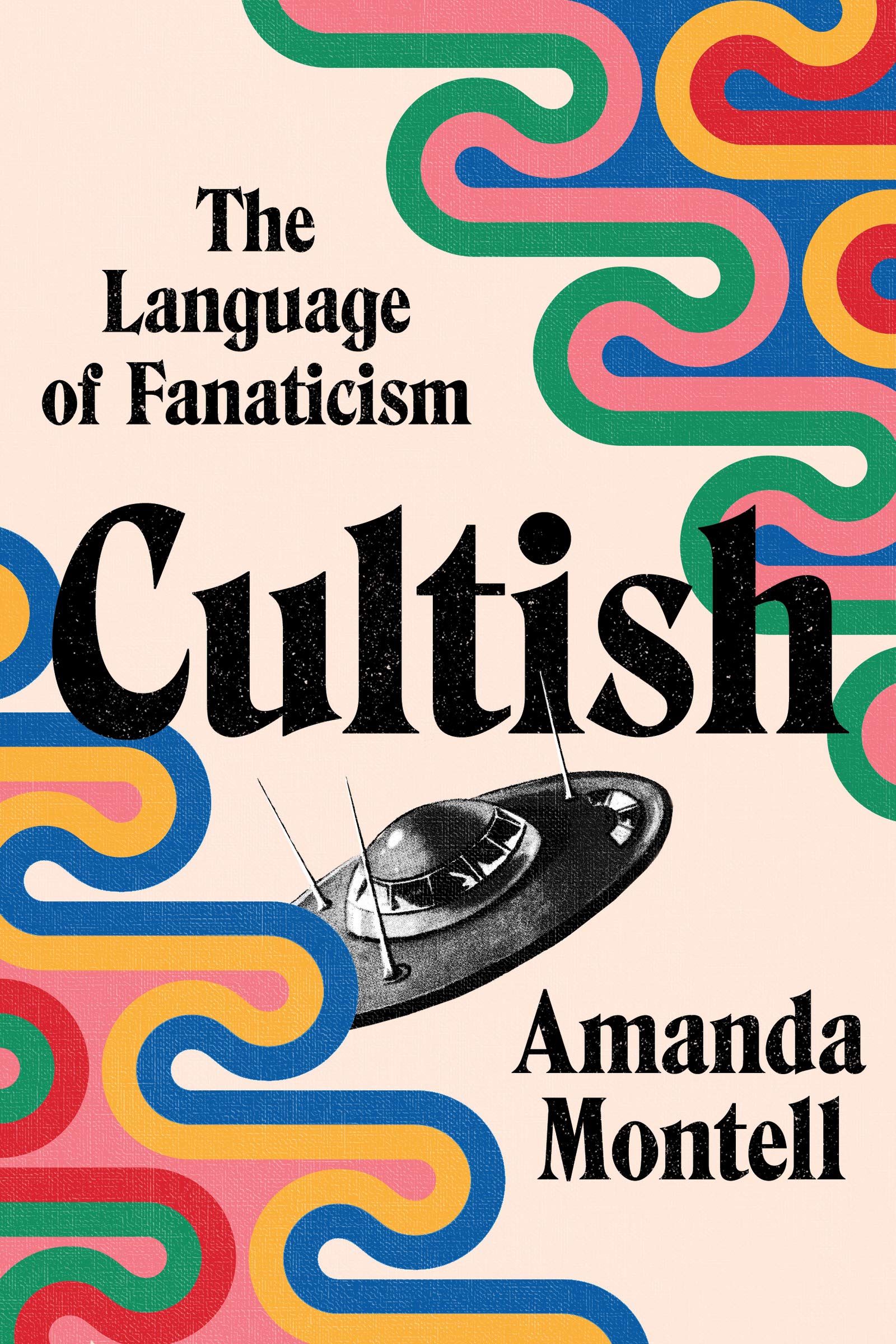More on this book
Community
Kindle Notes & Highlights
Is everyone susceptible to cultish influence? Could it happen to you? Could it happen to me? And if so, how?
What techniques do charismatic leaders use to exploit people’s fundamental needs for community and meaning? How do they cultivate that kind of power?
The real answer all comes down to words. Delivery. From the crafty redefinition of existing words (and the invention of new ones) to powerful euphemisms, secret codes, renamings, buzzwords, chants and mantras, “speaking in tongues,” forced silence, even hashtags, language is the key means by which all degrees of cultlike influence occur.
Rather, because words are the medium through which belief systems are manufactured, nurtured, and reinforced, their fanaticism fundamentally could not exist without them.
The twenty-first century has produced a climate of sociopolitical unrest and mistrust of long-established institutions, like church, government, Big Pharma, and big business.
Modern citizens of countries like Denmark and Canada, whose governments prioritize community connection (through high-quality public transportation, neighborhood co-ops, etc.), self-report higher degrees of satisfaction and fulfillment.
The words “culture” and “cultivation,” derived from the same Latin verb, cultus, are “cult”’s close morphological cousins.
metonymy,
The stakes of code-switching can be as high as ensuring respect and even survival, as is the case for speakers of certain marginalized ethnolects,
This is a more gradual operation, and it’s called conditioning—the process of subconsciously learning a behavior in response to a stimulus.
It’s called the thought-terminating cliché. Coined in 1961 by the psychiatrist Robert J. Lifton, this term refers to catchphrases aimed at halting an argument from moving forward by discouraging critical thought.
Language—both literal and figurative, well-intentioned and ill-intentioned, politically correct and politically incorrect—reshapes a person’s reality only if they are in an ideological place where that reshaping is welcome.
Letting people tell us only what we want to hear is something we all do.
The behavioral economic theory of loss aversion says that human beings generally feel losses (of time, money, pride, etc.) much more acutely than gains; so psychologically, we’re willing to do a lot of work to avoid looking defeats in the eye.
Psychologists agree that while gaslighters appear self-assured, they are typically motivated by extreme insecurity—an inability to self-regulate their own thoughts and emotions.
The term “gaslight” originates from a 1938 British play of the same name, in which an abusive husband convinces his wife she’s gone mad.
Roses are red Money is green The American Dream Is a pyramid scheme


